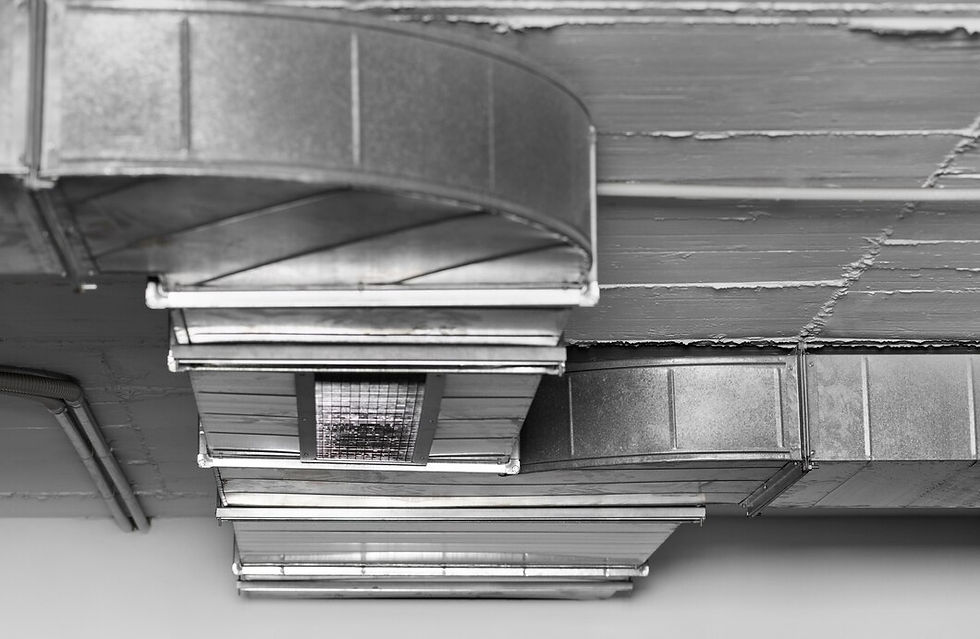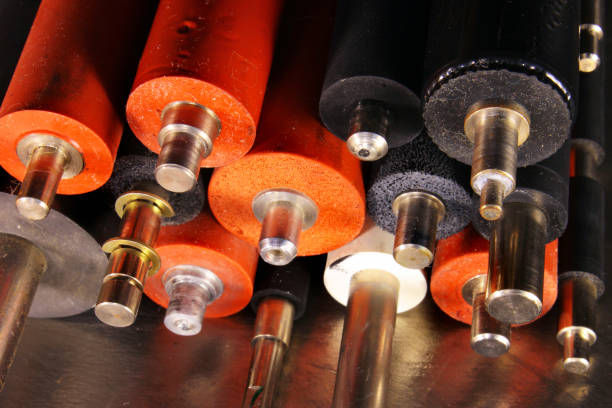Industrial Heating Solutions: Understanding Electric Duct Heaters and Coil Heaters
- bucanelectric
- Jul 21, 2023
- 3 min read

Introduction
In the world of industrial heating solutions, electric duct heaters and coil heaters play a pivotal role in providing efficient and reliable heating for various applications. Understanding the differences and advantages of these heating solutions can help businesses make informed decisions for their specific heating needs.
What are Electric Duct Heaters?
Electric duct heaters are advanced heating elements installed within ventilation systems or ductwork. They are designed to heat the air passing through the ducts, making them ideal for industrial, commercial, and residential applications. These heaters are available in various configurations and sizes to cater to different heating requirements.
Benefits of Electric Duct Heaters:
Energy Efficiency: Electric Duct Heater offer high energy efficiency since they directly convert electrical energy into heat without any combustion processes.
Precise Temperature Control: These heaters provide precise temperature control, allowing users to maintain consistent and comfortable indoor environments.
Easy Installation: Electric duct heaters are relatively easy to install and can be integrated into existing heating systems without major modifications.
Low Maintenance: With fewer moving parts, electric duct heaters generally require minimal maintenance, reducing operational costs.
Types of Electric Duct Heaters
1. Open Coil Duct Heaters
Open coil duct heaters consist of nickel-chromium resistance coils that heat the air as it flows over them. These heaters are commonly used in industrial applications, such as warehouses and manufacturing facilities, as they can handle high airflow rates and maintain uniform heating.
2. Tubular Duct Heaters
Tubular duct heaters are constructed with a metal sheath housing a coiled resistance wire. They are known for their durability and versatility, making them suitable for a wide range of applications, including HVAC systems in commercial buildings.
3. Finned Tubular Duct Heaters
Finned tubular duct heaters feature extended surfaces (fins) that enhance heat transfer efficiency. These heaters are commonly used in applications that require rapid heating and are well-suited for heating large volumes of air.
Understanding Coil Heaters
Coil heaters, also known as electric coil heating elements, are designed to generate heat when an electrical current passes through them. They are used in a variety of industrial processes and applications where direct heating is required.
Benefits of Coil Heaters:
High Heating Capacity: Coil Heater are capable of generating high heat output, making them suitable for applications that demand rapid and intense heating.
Compact Design: The compact size of coil heaters allows for easy integration into different industrial processes and equipment.
Uniform Heating: These heaters offer uniform heating across the coil surface, ensuring consistent heat distribution.
Quick Response Time: Coil heaters reach their operating temperature quickly, reducing downtime and increasing operational efficiency.
Types of Coil Heaters
1. Coil and Cable Heaters
Coil and cable heaters consist of a resistive wire wound into a coil or embedded in a flexible cable. They are commonly used in plastic molding, packaging machinery, and semiconductor manufacturing due to their flexibility and even heat distribution.
2. Mini Coil Heaters
Mini coil heaters are miniature versions of coil heaters used in applications with limited space requirements. They find applications in the medical, aerospace, and automotive industries.
Choosing the Right Heating Solution
The selection of the appropriate heating solution depends on several factors, including the specific industrial application, required heating capacity, available space, and budget constraints. Consulting with heating experts can help businesses make well-informed decisions and ensure optimal heating performance.
Conclusion
Electric duct heaters and coil heaters are essential components of industrial heating solutions, each offering unique benefits for various applications. Electric duct heaters provide efficient and precise heating for ventilation systems, while coil heaters excel in direct heating processes. Understanding their characteristics and types empowers businesses to make the right choice for their heating needs, optimizing efficiency and performance in their operations.



Comments